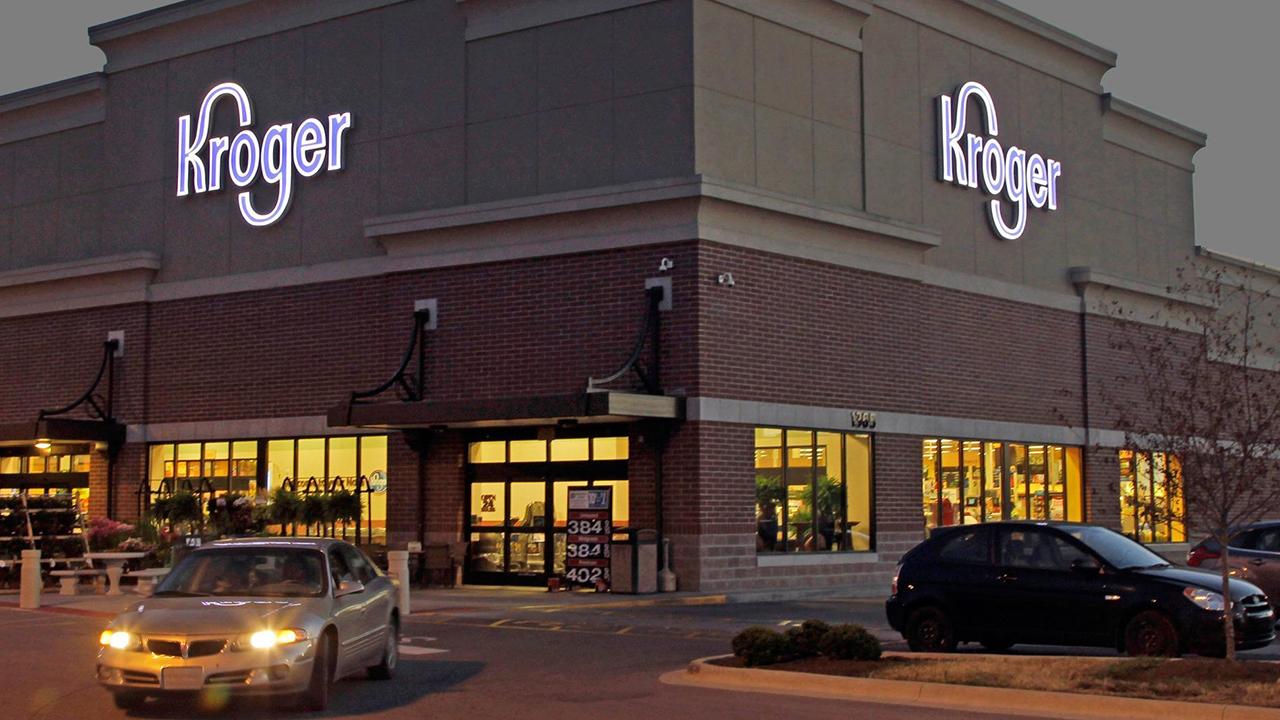Kroger buys Home Chef, maker of meal kits
Kroger is buying Home Chef, the largest private meal-kit company in the U.S. by sales, its second deal in as many weeks aimed at bolstering the supermarket chain's online business.
The deal -- $200 million initially and up to $700 million if Home Chef hits performance targets -- comes about a week after the Cincinnati-based grocer took a roughly $250 million stake in British online grocery operator Ocado Group. The companies are poised to open a series of automated warehouses for grocery delivery in the U.S.
Kroger, the largest U.S. supermarket chain by stores and sales, is quickly pushing to shake up its business model as its faces competition on all fronts. Amazon.com Inc. is ramping up delivery service and discounts at Whole Foods stores for Prime members, while Walmart Inc.'s investments in its stores and technology are paying off. Deep discounters, meanwhile, have pressured Kroger to slash costs as weak inflation in food prices haven't boosted sales as grocers had hoped.
"We are not blind or ignoring what is going on in the space," said Yael Cosset, Kroger's chief digital officer, in an interview Wednesday.
Kroger faces shareholder pressure to innovate. The company's same-stores-sales growth has weakened after years of steady increases and shareholders have punished Kroger for long-term investments that have weighed on immediate profits. Kroger's stock is down about 11% so far this year.
Kroger executives said Wednesday they are aware of the changes sweeping the food retail sector, but were pursuing new ways to sell food in response to customer demand, not Amazon, and that talks with other companies about deals were continuing.
Meal kits offer their own risks. The business is extremely competitive, with over 100 meal-kits companies operating online. A number of grocery stores have started their own meal-kit lines, including Kroger whose existing Prep+Pared meal kits would fold into Chicago-based Home Chef, which is expected to operate as a stand-alone company.
Making boxes of premeasured ingredients for meals have proven to be operationally challenging and tough to do profitably. Blue Apron Holdings is starting to sell its kits in Costco Wholesale stores after a series of operation challenges led to a drop in the number of its subscribers. Startups are increasingly looking to team up with supermarkets to gain new customers.
Some analysts expect more deals between meal-kit companies and food retailers as consumers want to buy the boxes both in stores and online. Pentallect, the food consultancy, projects that the multibillion-dollar meal-kit market will continue to grow at about 20% annually.
"These big retailers all see a window of opportunity in buying these companies to get some expertise," said Bob Goldin, partner at the Chicago firm.
Kroger's deal is the second tie-up between a national grocery chain and a meal-kit startup, with Albertsons Cos. buying Plated last year.
Home Chef has sought a niche in accessible meal kits that aren't as involved to make as some of those sold by Blue Apron and some other competitors. Executives said the company's menus and focus on consumer data proved a good fit for Kroger, which seeks to cater to mainstream shoppers and use technology to closely study buying patterns.
Once the deal clears regulatory approvals, executives expect Home Chef meals to quickly become available in many of Kroger's 2,800 stores. The company said it delivers three million meals a month nationally. Each meal currently averages around $9.95 a serving. Home Chef is the third largest meal-kit company by sales after the two largest providers, publicly traded Blue Apron and HelloFresh SE.
Home Chef said it made $250 million in sales in 2017 and has posted two profitable quarters. Kroger executives said they don't expect the acquisition will hurt earnings this year.
Private-equity firm L Catterton Partners led Home Chef's most recent $40 million funding round, and the company had been involved in deal talks in the past several months.




















